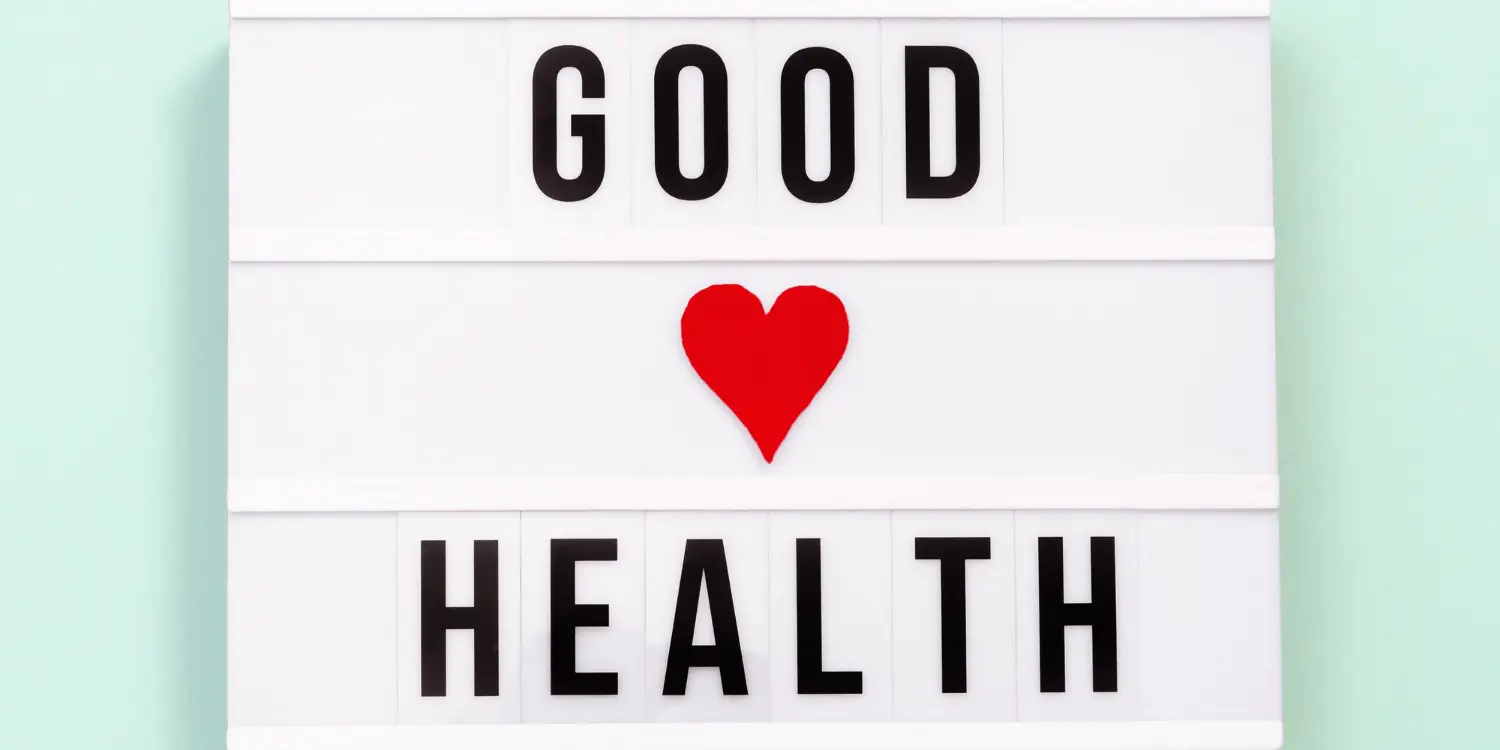
For many, the holiday season brings a mix of joy and stress—especially when it comes to money management, emotional wellbeing, and overall mental health. As we wrap up another year filled with financial challenges and personal uncertainties, it's important to focus on ending the season with mental, physical, and financial stability.
If you're feeling overwhelmed or facing financial issues, you're not alone. Whether you’re experiencing credit card debt, grief, isolation, or just the pressure to make everything perfect, help is available. Through financial counseling, debt counseling, and emotional support, you can set a path toward a healthier, more balanced financial life and mindset.
The first holiday season after losing a loved one or experiencing a major life shift like divorce can be incredibly difficult. Feelings of grief may intensify when others around you seem to be celebrating. This emotional weight, compounded with financial challenges, can feel unbearable.
When illness strikes—whether your own or that of a family member—finances can become an additional source of worry. Rising medical bills, late fees, and reduced income can drain savings and challenge even the most carefully planned budget.
Learn more about creating a holiday budget.
Winter months bring shorter days and less sunlight, which can affect mental health for those prone to SAD. Combine that with the social expectations and financial pressure of the season, and it becomes a perfect storm for emotional distress.
Comfort food may seem like a cure, but indulging in carb-heavy, sugary treats can worsen mood and energy levels, especially if physical activity is limited during colder months.
The temptation to overspend during the holidays is real. Many people rely on credit cards to cover gifts, travel, and entertainment—leading to a painful reality in the new year. If you're drowning in credit card debt, you’re not alone. A growing number of individuals are turning to credit counseling or a debt management plan to regain control.
-min.webp)
Many people are still facing loneliness due to physical distance from loved ones. Social isolation—whether from travel restrictions or personal circumstances—can take a toll on both mental and financial health. Human connection is a form of healing, and reaching out—even virtually—can bring much-needed comfort.
It's common to feel a little “off” during the holidays, but signs of depression should not be ignored. Mental and financial stress often go hand in hand. People who are financially strained are more likely to experience mental health issues and vice versa.
If you or someone you love is experiencing these symptoms, don’t hesitate to ask for help. You don’t have to navigate this season alone.
Support from friends and family can be life-changing. Here are some ways to help someone emotionally and financially this season:
If debt is weighing you down, it may be time to talk with a certified financial counselor. Credit.org, like other member agencies of the National Foundation for Credit Counseling (NFCC) and similar organizations offer free or low-cost services, including:
Whether you're facing challenges alone or with your family, financial counseling can provide the resources you need to move forward. Services are often provided by accredited financial counselors who are trained to help military personnel, families, seniors, and anyone facing financial hardship.
If you have clinical depression or seasonal affective disorder, don’t take any chances with your mental health. Talk to a counselor. Serious mental health issues might require medication, while other kinds of anxiety and depression can be helped by talking to professionals about your feelings. If you or someone you know are in immediate danger, dial 9-8-8. Don’t rely on any website for a diagnosis or treatment.
There are many services from national organizations and websites that can offer more information and help. Here are some of them:
This holiday season, give yourself and your loved ones the gift of a more secure financial future. Small steps—like talking to a financial counselor, revising your budget, or asking about charity care options—can lead to long-term financial stability.
If the answer to any of these is yes, there are professionals ready to help. And many financial counseling services are free or come at a low cost.
There’s no shame in needing help, especially during the holidays. Reaching out for financial guidance is not a sign of weakness—it's a powerful first step toward reclaiming control over your financial life and your mental well being.
Remember: The holidays are not about perfection. They’re about connection, compassion, and caring—for yourself and others.
We know this time of year can be difficult, but it’s also an opportunity to reflect, reset, and rebuild. Whether your goal is to tackle credit card debt, improve your financial education, or simply find peace in the season, know that help is available.
Counseling is free—you'll get the tools, support, and confidence you need to move forward. Click here to get started.
Schedule your session. Create your personalized action plan. Start managing your money with purpose.
Please remember: the best is yet to come. Wishing you a season of hope, healing, and renewed financial health.